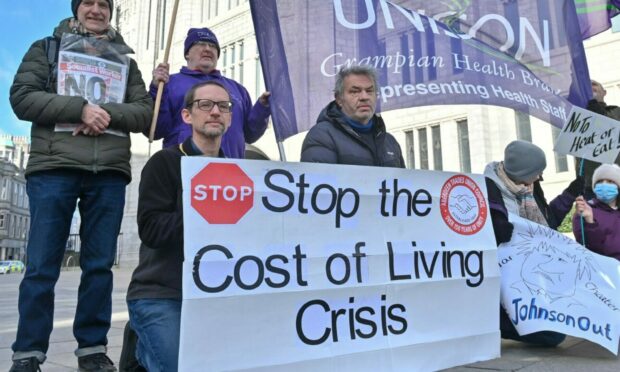Rising fuel and food prices have driven the UK’s inflation rate to a new 30 year high of 7%.
The Consumer Prices Index (CPI) rose by 7% in the 12 months to March 2022, up from 6.2% in February, according to the Office for National Statistics (ONS).
The figures come in the wake of Russia’s attack of the Ukraine which have driven significant pressure on the costs of oil and gas and food commodities. This in turn has caused costs to spiral at the petrol pump and in the supermarkets.
The ONS said it has has also had the effect particularly on manufactured goods.
ONS chief economist Grant Fitzner added that the figures came before changes brought in by the UK chancellor to reduce taxes on petrol and diesel.
He said: “Broad-based price rises saw annual inflation increase sharply again in March.
“Amongst the largest increases were petrol costs, with prices mostly collected before the recent cut in fuel duty, and furniture.
“Restaurants and hotel prices also rose steeply in March while, after falling a year ago, there were rises across a number of different types of food.
“The price of goods leaving UK factories has continued to rise substantially with metal and transport products both at record highs and food reaching its highest rate for over a decade. Raw material costs also rose, with a notable increase in the price of crude oil.”
Deep squeeze on household to get tighter
Business organisation the Confederation of British Industry (CBI) warned risings costs were not over as the figures did not take in energy cost rises coming into force from April which would continue the “deep squeeze” on household finances.
CBI lead economist Alpesh Paleja said: “The latest rise in inflation will not be the last.
“We’ll see another jump over April, as the rise in Ofgem’s energy price cap comes into effect.
“Beyond this, volatility in global commodity prices and ongoing supply chain disruption will continue to stoke price pressures.
“The result will be even higher costs for businesses, and a deep squeeze in the cost-of-living for households.”
He added that the UK government needed to “double down” on lo carbon energy investment as well as making buildings and homes more energy efficient.
The UK government’s recent energy security strategy faced criticism for failing to address energy efficiency.
“The energy-centric nature of inflationary pressures highlights the need to double-down on investment in green energy,” Paleja said.
“Making homes and commercial buildings more energy efficient would help reduce demand and consumer bills.
“In the near-term, reducing policy costs for energy intensive industries and continuing support for low-income households will be essential in helping those worst hit.”

